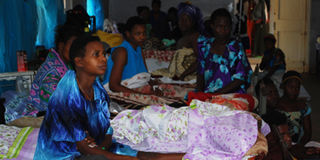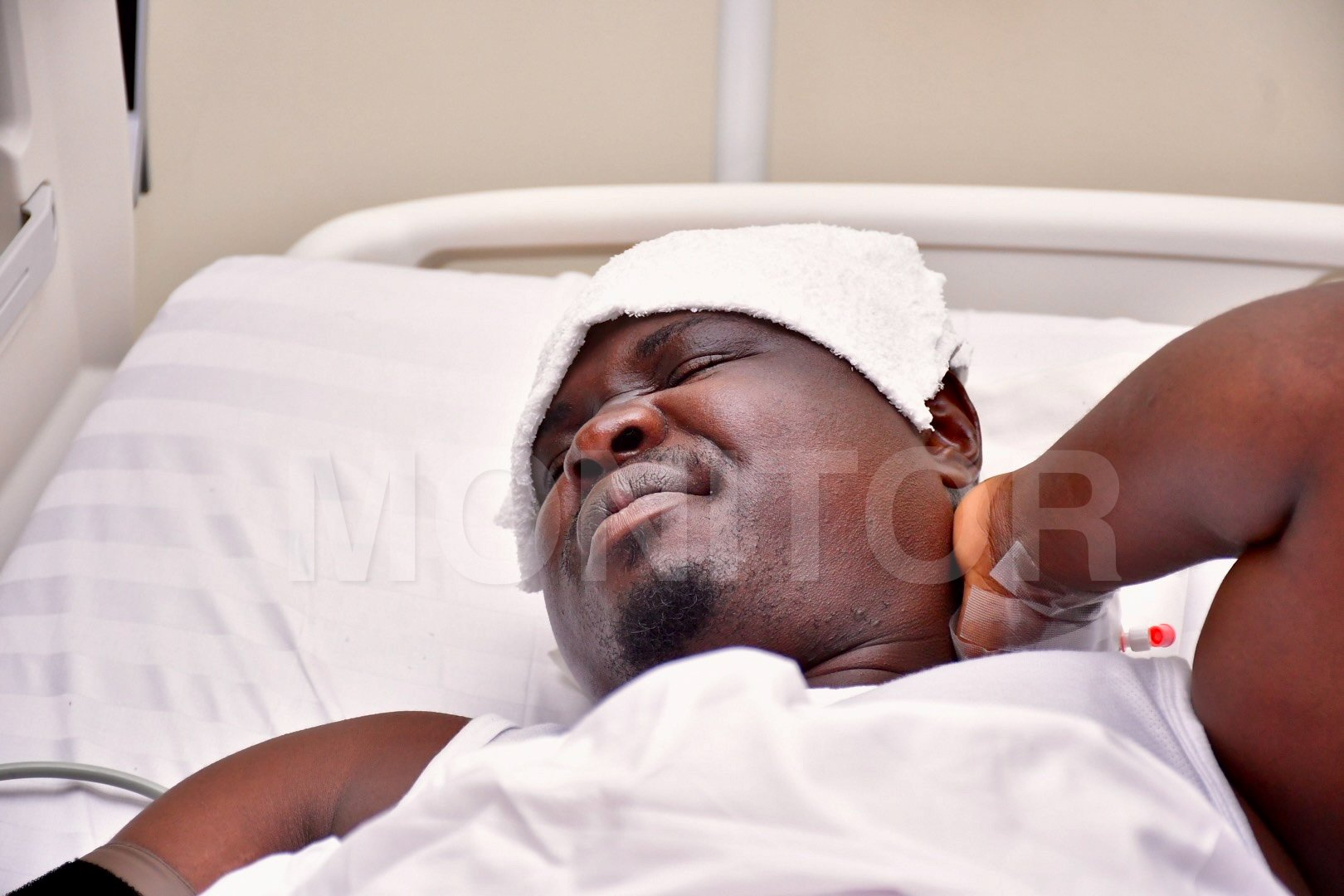Prime
Masaka hospital struggles with congestion

Patients in an overcrowded ward in Masaka Regional Referral Hospital. Photo by Martins E. Ssekweyama
What you need to know:
Crisis. The hospital director says while the children’s ward has only 30 beds, it admits about 70 children, which means beds must be shared.
Masaka- The number of patients seeking treatment at Masaka Regional Referral Hospital and the children born daily is too big for the hospital that was designed for a small number of patients, the facility’s director has said.
Dr Florence Tugumisirize made the remark during the launch of the hospital’s two-year-development plan recently.
She said on average, 45 children, equivalent to a classroom of children, are born every day at the hospital. She said it is a number that the hospital is not facilitated to handle.
The hospital director said while the children’s ward has only 30 beds, it admits about 70 children, which means that the beds must be shared.
“Our children’s ward that has a capacity of 30 beds is apparently being occupied by 70 children, meaning that we are having more than two babies per bed,” Dr Tugumisirize said.
She said she was glad that the government has committed Shs10 billion to decongesting the hospital by building an ultra-modern maternity ward whose structural plan is already in place.
Patients
Dr Tugumisirize further revealed that on average, the hospital has at least 360 in-patients every day and that if each patient is allowed a single relative attending to him/her then there are 700 people at a time using water and other facilities.
She added that the hospital staff should be directly proportional to the patient population but at the moment, the staffing stands at 54 per cent of what it ought to be.




